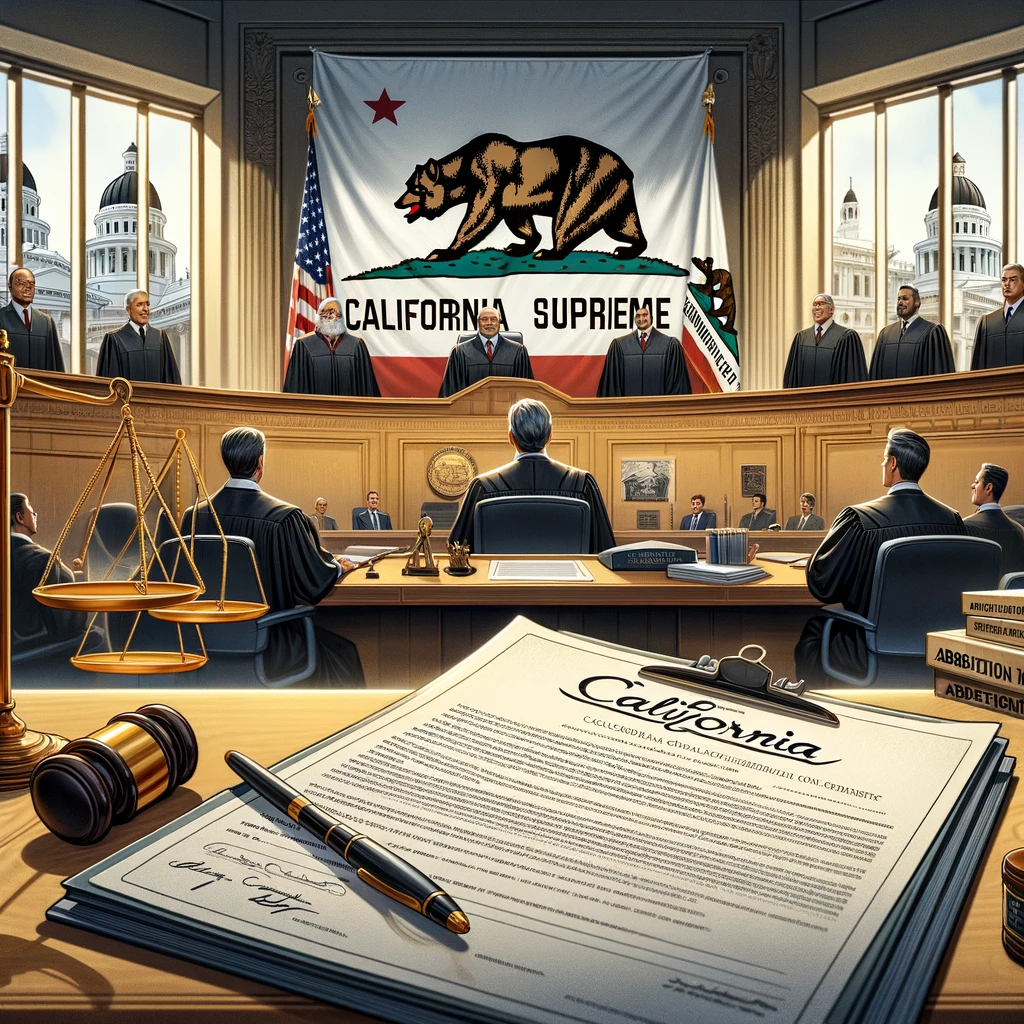
A recent ruling by the California Supreme Court in Ramirez v. Charter Communications brings significant changes to employment contracts and arbitration agreements. Here’s what you need to know to ensure your agreements remain compliant and enforceable.
Case Overview
In Ramirez v. Charter Communications, the California Supreme Court upheld lower court decisions that found Charter’s Mutual Arbitration Agreement contained several unconscionable provisions. This case highlights the necessity for employers to draft arbitration agreements carefully to avoid including terms that courts may deem unfair.
Key Holdings of the Decision
- Covered and Excluded Claims; Lack of Mutuality:
- Arbitration agreements must be mutual, requiring both parties to arbitrate claims rather than exempting one party.
- Filing Time Limits:
- Shortened filing periods in arbitration agreements must be reasonable. The court found Charter’s shortened periods unreasonable and unconscionable.
- Limits on Discovery:
- Discovery limitations must be fair, allowing sufficient investigation to arbitrate statutory claims effectively. The authority of arbitrators to permit additional discovery can help address concerns about unconscionability.
- Award of Interim Attorneys’ Fees:
- Provisions that allow a party to recover attorneys’ fees for compelling arbitration were deemed unconscionable as they violate the Fair Employment and Housing Act (FEHA).
- Severance:
- Courts can sever unconscionable provisions from an agreement and enforce the remaining terms if the unconscionability does not affect the entire contract.
- FAA Preemption:
- General laws governing unconscionability and severability are not preempted by the Federal Arbitration Act (FAA), according to the court.
Implications for Your Business
This ruling underscores the importance of ensuring that arbitration agreements are fair and balanced. To avoid potential legal challenges, employers should:
- Review and Update Contracts: Ensure that arbitration agreements do not contain unconscionable terms. Mutuality in arbitration clauses and reasonable limits on filing and discovery are essential.
- Consult Legal Experts: Legal professionals can help navigate these changes and ensure that your agreements comply with the new legal standards.
Next Steps
- Review Your Current Contracts:
- Examine your existing arbitration agreements for any terms that might be considered unconscionable based on this ruling.
- Revise Unfair Terms:
- Amend clauses that lack mutuality, impose unreasonable filing time limits, or unfairly limit discovery.
- Seek Legal Advice:
- Consult with legal experts to ensure your revised agreements are enforceable and compliant with the latest legal standards.
This ruling is a pivotal reminder for businesses to maintain fair and legally sound employment contracts. By proactively updating your agreements, you can safeguard your business against future legal challenges and ensure compliance with California’s stringent standards on arbitration clauses.
For further assistance or detailed guidance, please reach out to our legal team.